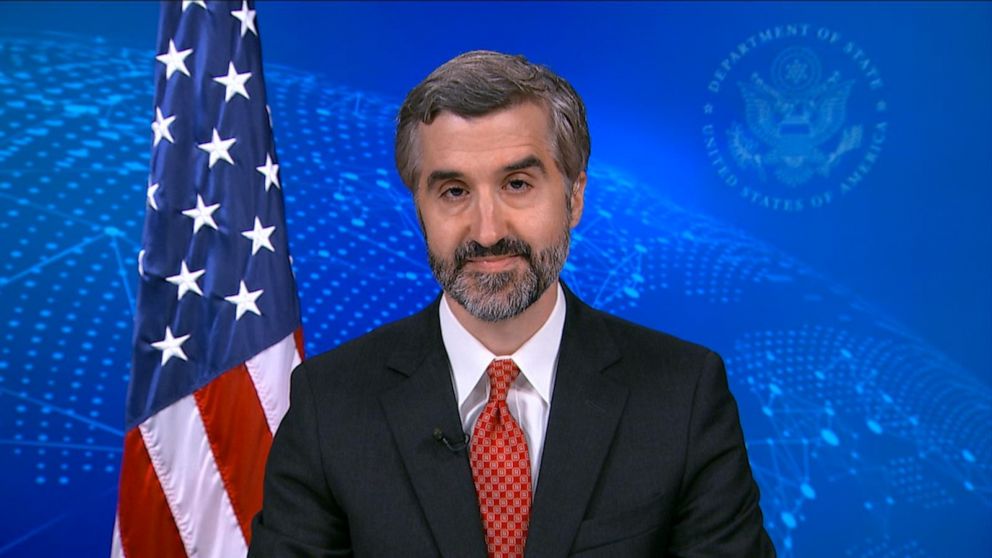
He stated that IP establishes secure legal frameworks for investment in and commercialisation of innovation and creativity.
Speaking in Lagos, yesterday, at the Africa Creative Market Conference, he said IP rights enable firms, including innovative start-ups, to navigate the process of transforming a creative work into a commercially viable product and to successfully compete in the global marketplace.
“A strong system of IP rights assures inventors, industrial designers and creative artistes that their ideas will be protected and that they can receive payment for the use of their creations. Moreover, it attracts additional investment into the creative industries. After all, who wants to invest in innovations without assurance that their investment will be protected?
“Strong IP protection, therefore, creates value and jobs that extend well beyond the traditional boundaries of the creative sector. The drivers, managers, caterers, venue hosts and so many more are all employed throughout the creative economy,” he said.
Applauding Nigeria’s growing investment in the creative industry with the newly announced Destination 2030 Initiative, Toloui stated that American government supported the industry for about a decade by facilitating exchanges between American experts and emerging talents in the music and art sectors, sponsored leading Nigerian IP Rights lawyers to further their technical expertise through training in the U.S. and strengthening the ecosystem of fashion entrepreneurs, designers and photographers.
“The Nigerian creative sector has grown in leaps and bounds. We have American actors now interested in featuring on Nigerian movie screens and we also continue to see more Nigerian music artistes collaborating with their American counterparts.
“Part of this success is due to rising demand for Nigerian content from the global African diaspora. This has led to a steady rise in the export of African content through digital streaming and international touring, and growing numbers of African-based investors who are directing capital towards early-stage creator economy startups,” he said.
According to him, a supportive policy and regulatory environment is crucial to the development of Africa’s creative economies, adding: “Promoting and fostering a strong creative ecosystem requires everyone to bring their talents and perspectives to use.”






